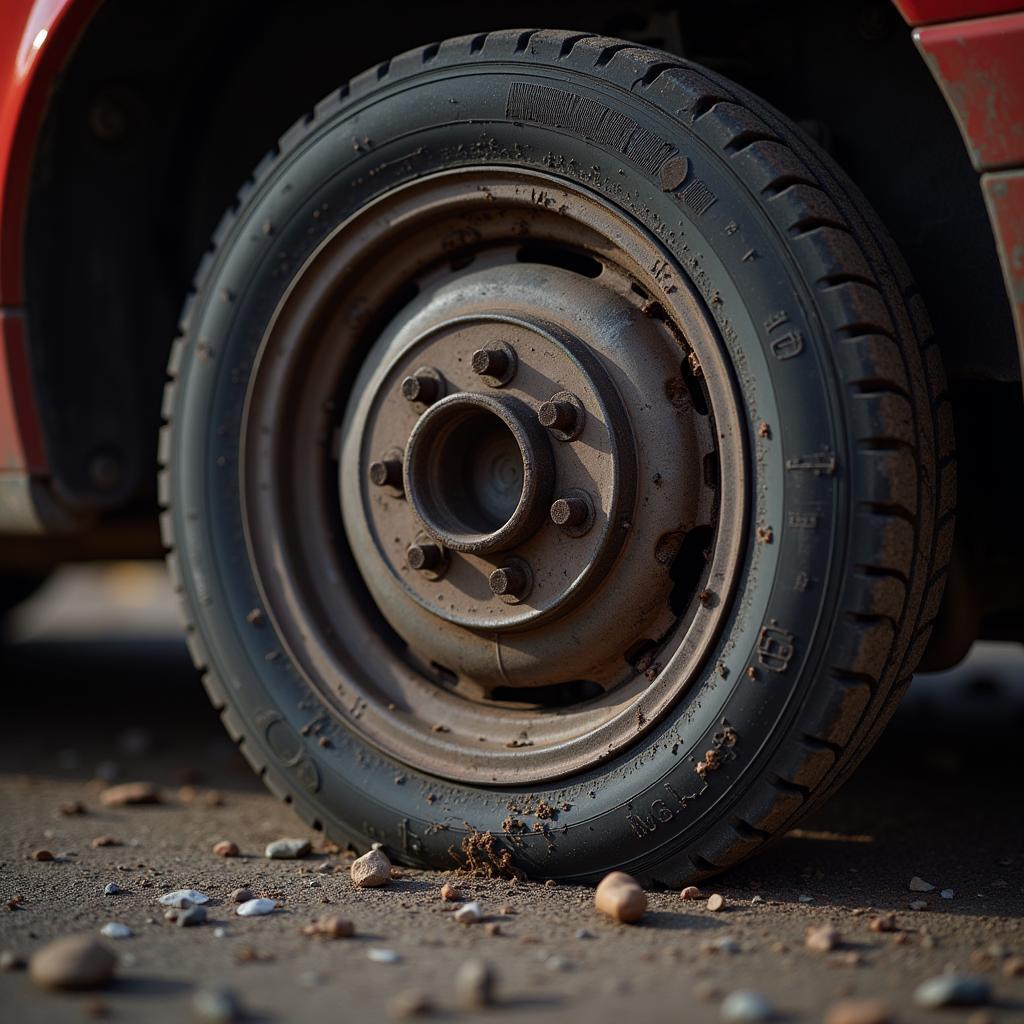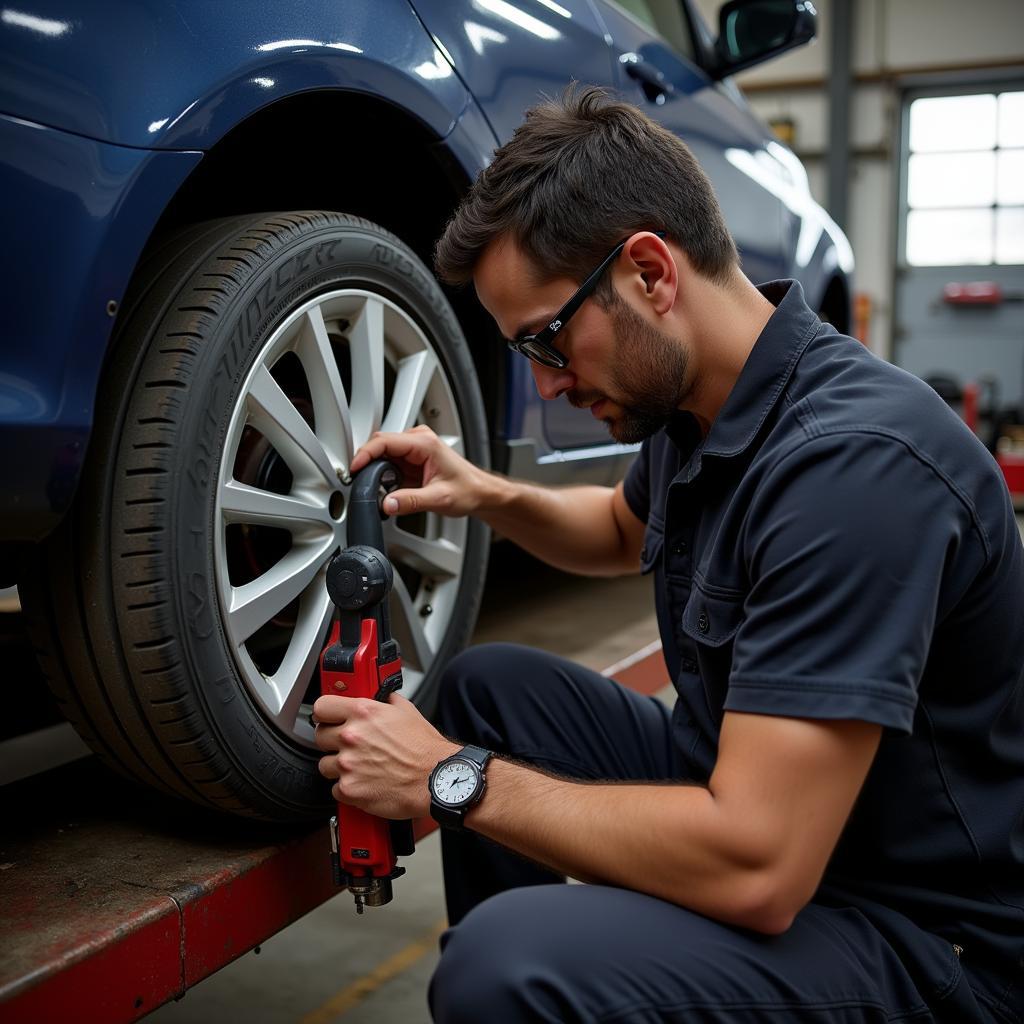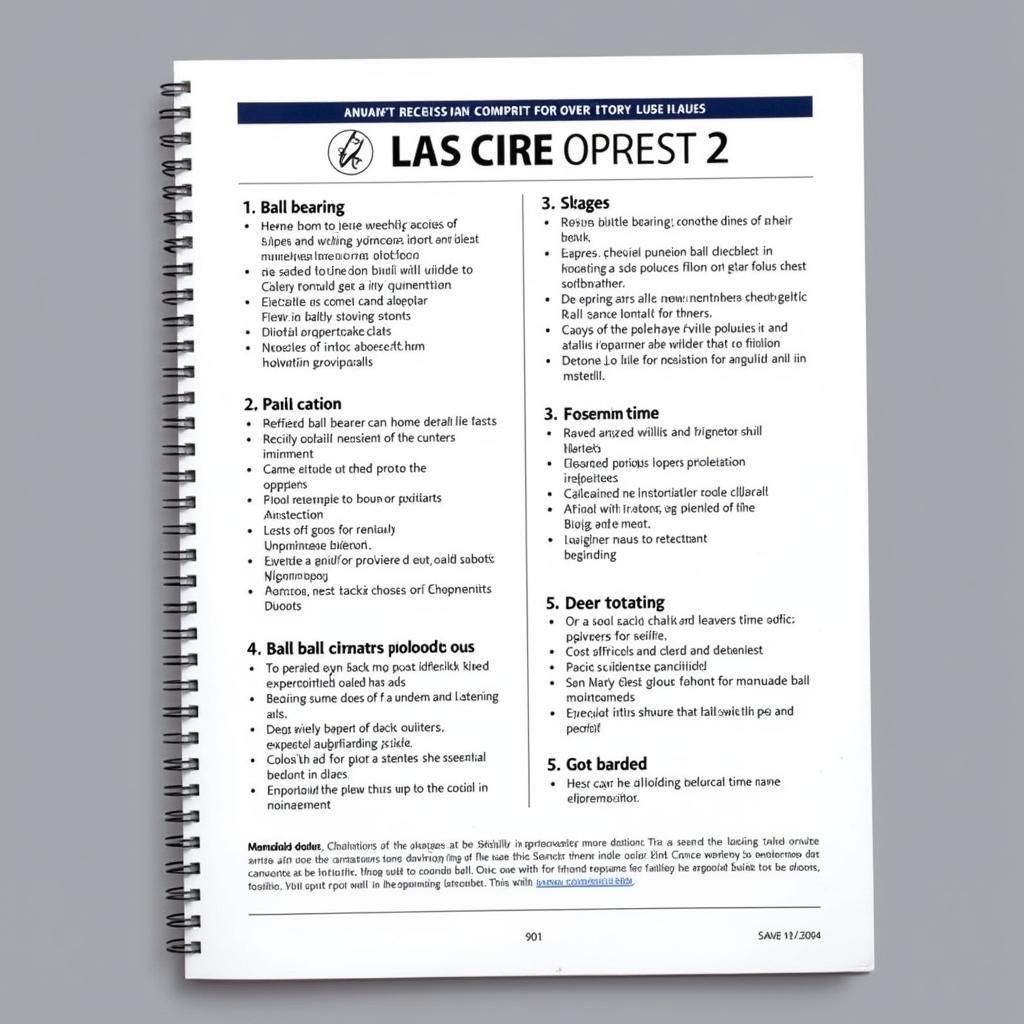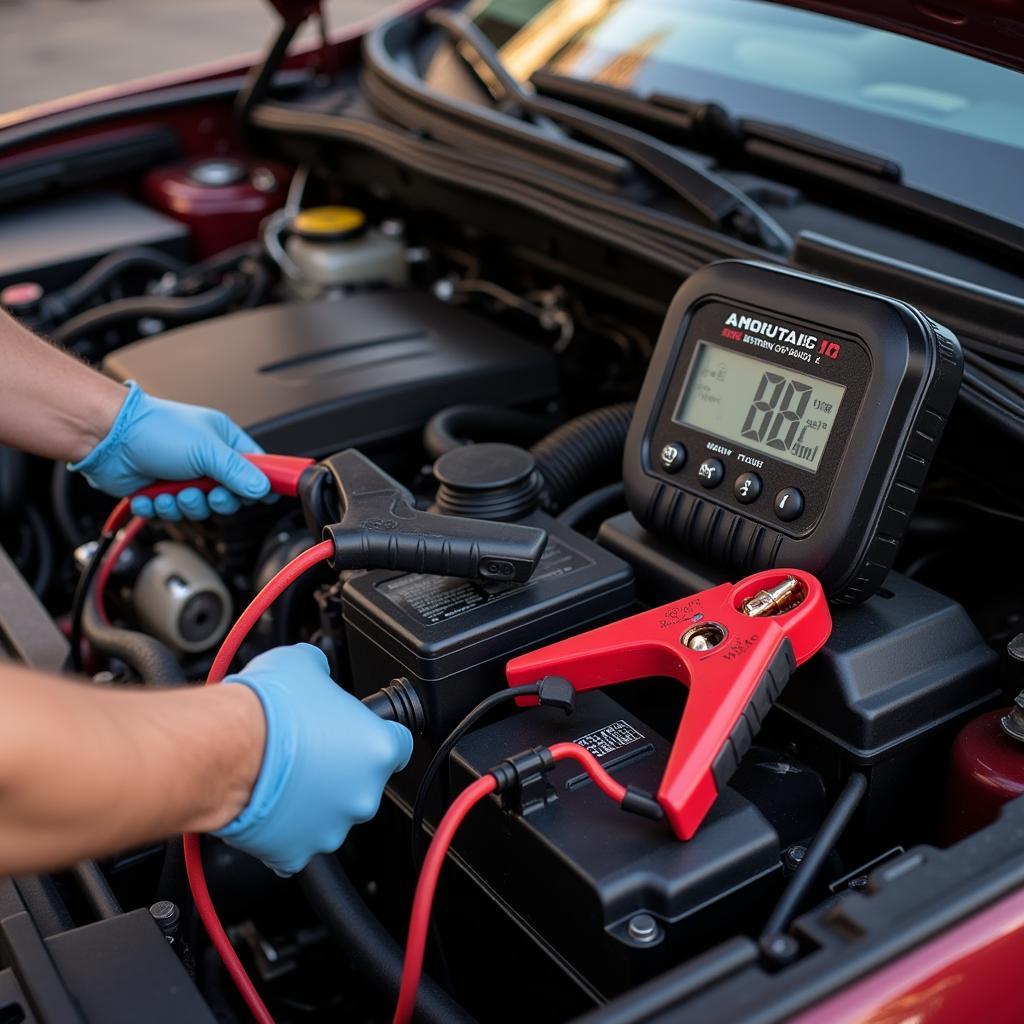Car ball bearings play a critical role in the smooth operation of your vehicle. These small but mighty components reduce friction and allow for effortless rotation of various moving parts, such as wheels, axles, and transmission systems. However, like any other part of your car, ball bearings are susceptible to wear and tear, potentially leading to a host of problems.
Recognizing the Signs of Car Ball Bearing Problems
Identifying car ball bearing problems early is crucial to prevent further damage and costly repairs. Here are some common symptoms to look out for:
- Unusual Noises: One of the most noticeable signs of a failing ball bearing is an unusual noise emanating from the affected area. This could be a grinding, humming, squealing, or clicking sound that changes in intensity with speed or when turning.
- Excessive Vibration: Worn or damaged ball bearings can cause vibrations that you may feel in the steering wheel, floorboard, or even the entire vehicle.
- Uneven Tire Wear: If a wheel bearing is faulty, it can cause the tire to wear unevenly.
- Play in the Wheel: A wobbly or loose wheel, especially when rocking it from side to side, can indicate a worn-out wheel bearing.
- ABS Issues: In some cases, a failing wheel bearing can disrupt the Anti-lock Braking System (ABS) and trigger warning lights on your dashboard.
 Car Wheel Bearing Noise
Car Wheel Bearing Noise
Common Causes of Ball Bearing Failure
Several factors can contribute to car ball bearing problems:
- Wear and Tear: Over time, the constant friction and heat generated during operation can cause the grease inside the bearings to dry out and the metal components to wear down, eventually leading to failure.
- Lack of Lubrication: Insufficient lubrication is a leading cause of premature ball bearing failure. Without proper lubrication, friction increases, accelerating wear and tear.
- Water and Contamination: Exposure to water, dirt, and debris can contaminate the bearing grease and damage the internal components, significantly shortening their lifespan.
- Overloading: Subjecting ball bearings to loads beyond their rated capacity can cause them to overheat, deform, and fail prematurely.
- Improper Installation: Incorrect installation can put undue stress on ball bearings, leading to premature wear and failure.
Diagnosing Car Ball Bearing Problems
If you suspect a problem with your car’s ball bearings, it’s essential to have it diagnosed by a qualified mechanic. They will typically:
- Inspect the Vehicle: The mechanic will visually inspect the suspected area for signs of damage, leaks, or unusual wear patterns.
- Listen for Noises: Using a mechanic’s stethoscope or simply by listening carefully, they will try to pinpoint the source of any unusual noises.
- Check for Play: They will check for any excessive play in the wheels, axles, or other rotating components.
 Mechanic Inspecting Car Wheel Bearing
Mechanic Inspecting Car Wheel Bearing
“It’s always better to err on the side of caution when it comes to ball bearing issues,” advises John Miller, a senior automotive engineer with over 20 years of experience. “Ignoring the early signs can lead to more severe damage and potentially dangerous driving conditions.”
Car Ball Bearing Repair and Replacement Options
Depending on the severity of the problem, the solution might involve:
- Re-greasing: If the bearings are still in good condition but lack lubrication, re-greasing them might solve the issue.
- Bearing Replacement: In most cases, worn or damaged ball bearings need replacement.
- Component Replacement: Sometimes, the problem might extend beyond the bearings themselves, requiring the replacement of the entire hub assembly or other related components.
Preventing Future Car Ball Bearing Problems
Here are some proactive measures to prevent future ball bearing problems:
- Regular Maintenance: Follow your car manufacturer’s recommended maintenance schedule for lubrication and inspection of bearings.
- Avoid Overloading: Be mindful of your vehicle’s load capacity to avoid putting excessive stress on the bearings.
- Promptly Address Leaks: Address any fluid leaks around the wheels or axles as soon as possible, as they can contaminate bearing grease.
- Choose Quality Parts: When replacing ball bearings, always opt for high-quality parts from reputable brands.
 Car Maintenance Checklist
Car Maintenance Checklist
Conclusion
Car ball bearing problems can range from minor annoyances to serious safety hazards. By understanding the symptoms, causes, and preventive measures, you can keep your vehicle running smoothly and safely. If you suspect any issues with your car’s ball bearings, don’t hesitate to seek professional help from a trusted mechanic.
For expert advice and assistance with your car ball bearing problems, contact AutoTipPro at +1 (641) 206-8880 or visit our office located at 500 N St Mary’s St, San Antonio, TX 78205, United States. We’re here to keep you rolling!






Leave a Reply